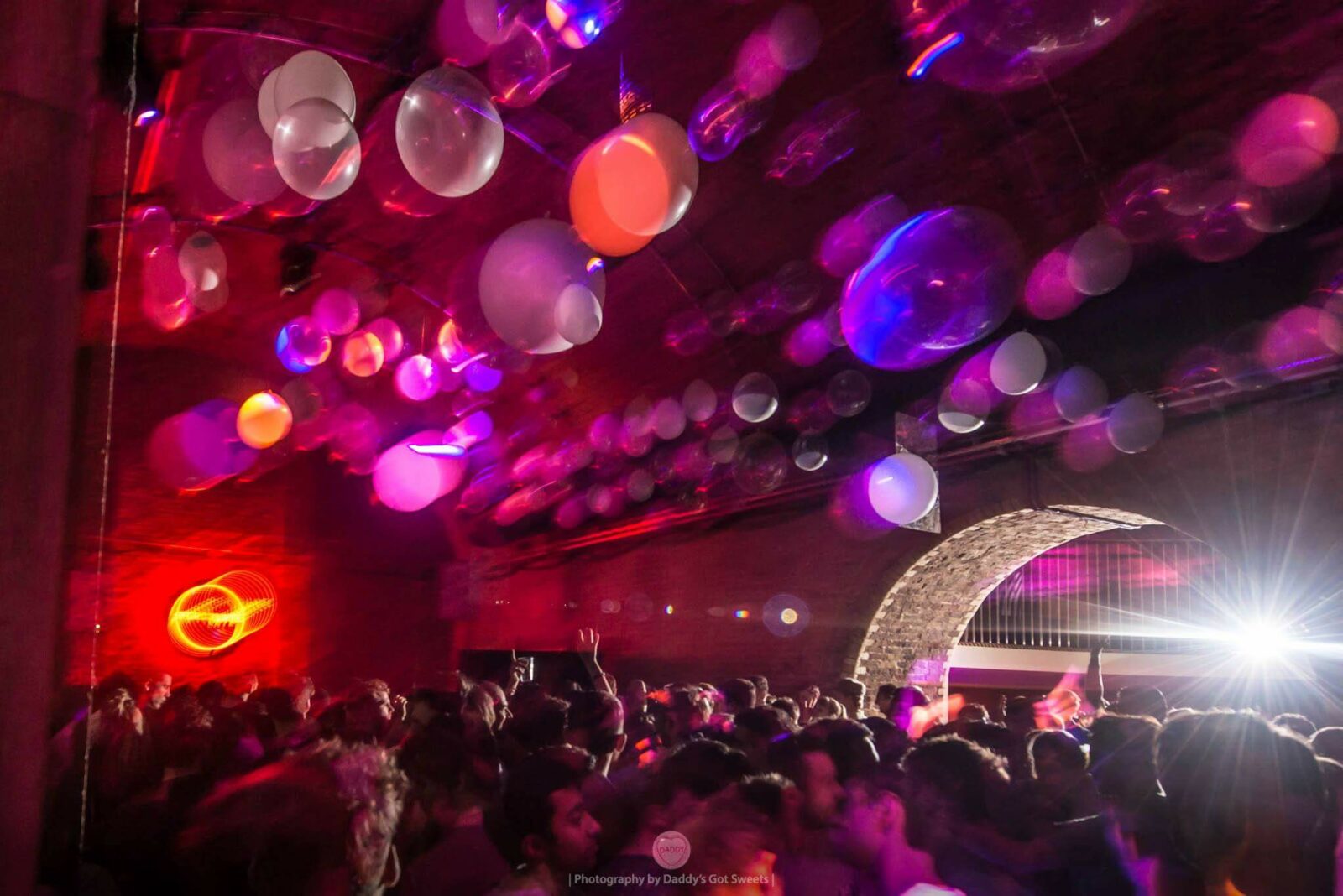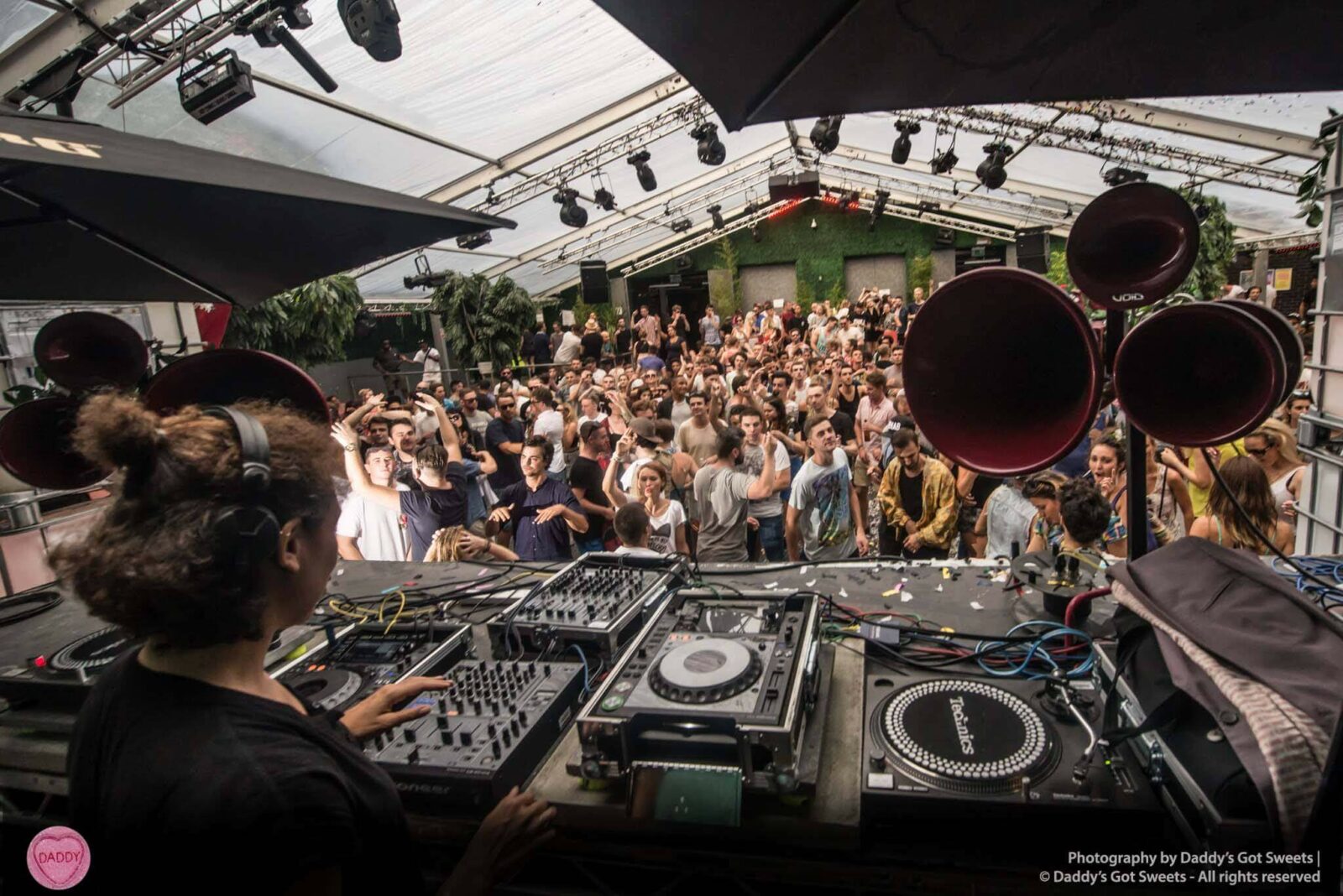
There’s been a lot of doom and gloom in London’s clubbing scene of late with regards to venues. Whether it’s iconic venues like Plastic People and Madame Jojo’s being forced to close, fabric being threatened with Draconian licensing restrictions or the breakneck redevelopment of many areas of the capital – there has been much of concern.
On the flipside, recent years have seen Ministry of Sound safeguard their future (and set a legal precedent for stipulations on developments adjacent to club venues in the process) and myriad new venues emerge – such as Dance Tunnel and BLOC.
We spoke to three prominent London promoters (including one promoter/venue owner) to get the inside view on the capital’s club landscape in 2015.
Fred Letts (Percolate)
There is a great deal of doom and gloom in London’s clubbing scene right now, and yes, in some areas it has become harder for promoters – but I don’t necessarily agree with all the doom-mongering. Tighter regulations and institutions like Plastic People closing down are certainly changing the landscape – but one only has to look at the fantastic array of spaces and venues that are either opening or have stood the test of time to realise the scene here is still as alive as ever.

Percolate – photo by Daddys Got Sweets
On top of that I think the times have bred a new kind of innovative and entrepreneurial promoter, two classic examples of these promoters right now are what the guys at The Hydra are doing with Studio Spaces, and the guys at LWE with their Tobacco Dock shows. These are guys who have worked with local councils, police, environmental health to keep London’s unique clubbing offering going strong.
On top of that you have the guys at Corsica Studios who have been arguably one of the world’s top music programmers for the past 10 years. Those are just a few examples, you can add the new Steel Yard warehouse, Shapes, iCan Studios, Number 90 and BLOC in Hackney Wick, Studio 338, AIRspace in Brixton, and the vast amounts of yet undiscovered little havens. To me the London scene feels like it’s on the up and I’m really excited to be a part of it!
 Studio 338 terrace – photo by Daddys Got Sweets
Studio 338 terrace – photo by Daddys Got Sweets
Will Paterson (FOUND)
I’m much more in the camp that I’ve seen people like the secretsundaze guys say that, in some ways, it’s never been more vibrant in London than right now. Despite these changes around licensing and so on, there’s a hell of a lot of great stuff going on, and I think at the end of the day there’s 9 million people living in London – they want to go out. There’s also an incredible number of creative people working in London and working on that music. I think that alongside Berlin, London is the best city in the world for electronic music and I think there are so many people working on it who’ve had a lot of experience. That’s going to create loads more good things coming along.
What there lacks is the spaces. I do think that will change [though]. Nothing is forever. There will always be more spaces. I’m sure there are people setting up new venues now – it’s just that it takes longer to do them than maybe it did in the past. I also think there’s rose-tinted spectacles; people look back on the past and think those spaces just appeared. They never just appeared.
When I started putting on [legal] parties in warehouses in Shoreditch around 2006/7 – these sorts of parties were happening anyway, but the Temporary Event Notice legislation meant that it could then legally happen. So there was an explosion in it. Also, it was when weird spaces were still available – before they went to housing and office blocks. To be honest, pretty much all the spaces I’ve ever had have always been on the way to getting planning, or on the way to becoming developed – so it’s about moments in time.
I think the other thing I would say is two changes that no-one would have predicted would have happened in the last couple of years: one, the day and night parties… I definitely wouldn’t have predicted that you’d get to the summer now, and people would be doing afternoon parties into the night time, and suddenly they’d be the one thing to go to…. and then on the back of the hard work of Paul Jack and the London Warehouse Events team, the Tobacco Dock shows. I don’t think anyone predicted that European model of daytime parties was going to be absorbed over here. So those are innovations and those are new ways of partying.
I’m eternally optimistic. There’s always so many good things out there. People will always find a way to either make a new kind of music or to make a new type of party. Even if something is temporarily illegal, it usually becomes legal – because what happens is people realise that actually it’s illegal for a reason, because probably the way they were running things wasn’t the safest it could be… squat parties are a good example! And actually if they learnt to do it better, they go, OK, we may as well just do it better, because it’s safer for everyone.
Jordan Gross (Oval Space)
The business of being in music in general is tricky. If you’re Brixton Academy, you’re making a shitload of money because you’re selling out 4,500-capacity shows, and you can book your venue out every night of the week. If you’re a venue of anywhere from 200 to 2000 and you want to exercise some quality control over what’s coming in, that’s a difficult climate to operate in. We’re fortunate in the sense that we’ve managed to set this reputation for doing quite cool events, and it’s a place people want to hang out.
The red tape around opening venues does make it harder. But would you want it to be easier? Some of the places that have opened using temporary licensing are really shit and quite dangerous a lot of the time, and do not offer customers a quality experience – which, when you’re paying over £20 a ticket, you deserve. You deserve to not be overheated, you deserve to be cared for if you’re not feeling very well. You want something beyond a warm beer.
The main threat which we face is that as people want to build houses, if we don’t own the buildings we reside in, and the landlord decides that at the end of our lease, we’re out of there. There’s very little we can do about it. Then you either have to buy or rent buildings further outside [Central London], because we can’t afford to rent buildings where we were before. So there will be an ever-shifting landscape where places will exist for 5-10 years, they move, then they start somewhere else. But I think that’s a commonality with most other cities in the world.
*
So perhaps it’s not quite the crisis some would have you believe. Whilst we’ve lost several of London’s key venues in recent years, there’s always a need for cyclical rebirth to avoid stagnation. The creativity that makes London’s party scene thrive also means that where there’s a will, there’s a way, and that the next great new venue is – figuratively speaking – just round the corner.
www.ovalspace.co.uk
